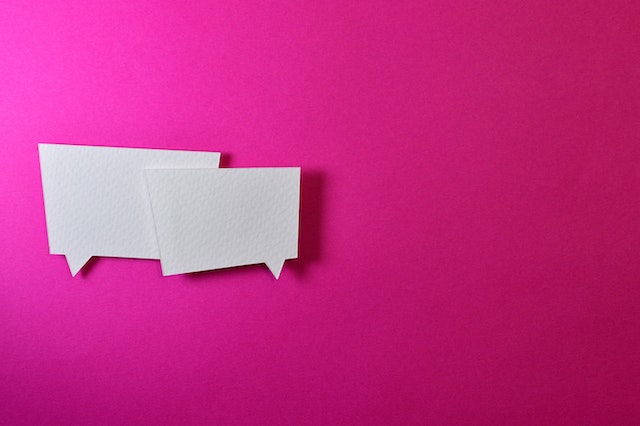In the English-speaking world, using periods at the end of your sentences while texting is more than likely to create the impression that you’re either elderly, angry or a grammar snob, which is why omitting it has become more or less the norm. It turns out, a similar phenomenon exists in Japanese texting culture as well.

In recent years, younger generations, gen Z in particular, have mostly done away with the period in casual texting as they have come to feel overly final, unfriendly and even kind of hostile at times. It’s to the point where you can even use them deliberately to show that you’re not very pleased, or that you don’t mean what you’re saying (no one’s going to believe you’re genuinely excited if you text them “Great.”).
Surprisingly, it seems that the same tendency can be seen in Japan as well. Compared to English punctuation, the Japanese punctuation of today is actually relatively modern, as periods, commas etc. were officially defined in 1946 (though they had been introduced earlier than that from China and Western cultures).

The Japanese period (“。”), though different in appearance (a circle as opposed to a dot), has mostly the same function as the English period – signaling where a sentence stops. However, as opposed to English, the period in Japanese serves more to separate consecutive sentences from each other than to “finish a sentence,” so standalone sentences can be seen omitting the period sometimes.
In a recent article, a professor at the National Institute for Japanese Language and Linguistics comments about the phenomenon of people in increasingly omitting periods on LINE (a major messaging app in Japan, synonymous to the act of texting itself). “Ending your sentences with periods when messaging via LINE gives an especially cold impression. This is because a conversation is like a game of catch – it’s crucial for it to keep going without one side cutting the other off. The period has the effect of strongly cutting off the other side,” the professor explains.
To this point, they add the nuance that in LINE, messages are delivered in individual speech bubbles (true of most texting apps) similarly to text in comic books, so the speech bubble itself signalizes the unit of the sentence i.e., takes on the function of the full stop. As a result, adding a period as well gives a doubled effect, making it feel unnecessary.
As the topic started tracking attention on Japanese social media, different reactions could be seen from the public, some finding it completely relatable and confirming that they generally don’t use periods unless they want to signalize that they’re angry and, in turn, don’t like receiving such messages.
Conversely, a portion of users mentioned the phenomenon being news to them and using full stops in any situation being a default they had never questioned. Many older folks mentioned younger people or their kids having reprimanded their use of periods in texting.

Though an immensely different culture and language to begin with, it seems that Japanese texting language is developing in a similar way as in English-speaking countries. It could be that, since texting lacks the social and non-verbal cues that face-to-face conversations are rich with, peoples’ responses in how to overcome this hurdle and convey their message as accurately as possible, emotional nuances included, are leading to some universal solutions.





